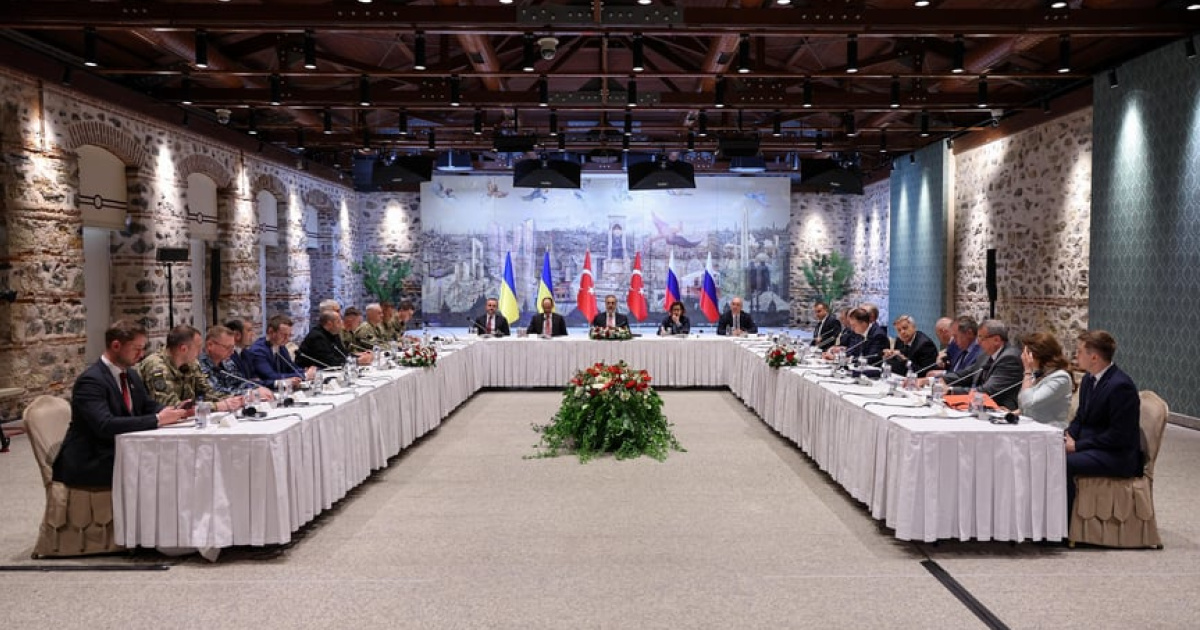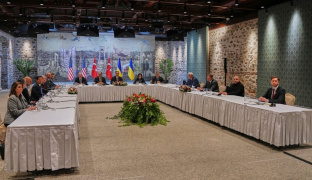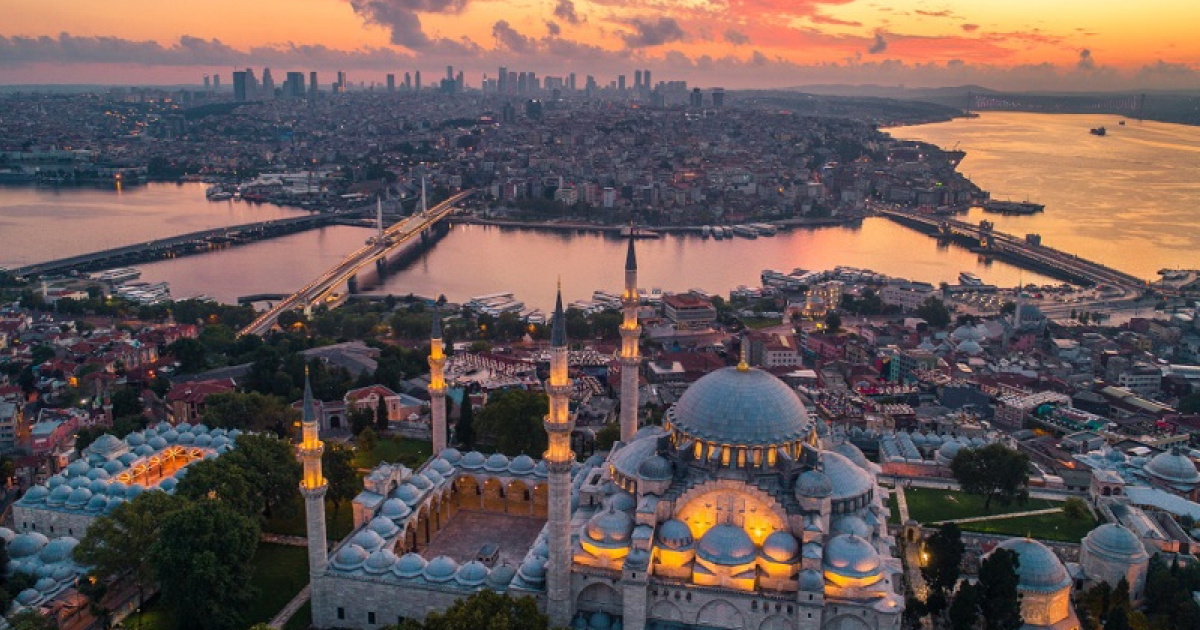Since the beginning of russia’s full-scale invasion of Ukraine, EU countries have already paid more than €200 billion for russian energy. Sanctions are already in place on oil and coal, and gas imports are expected to be phased out by 2027. This was reported by the Financial Times, according to RBC-Ukraine.
The publication notes that Brussels plans to introduce new legal mechanisms this week to completely ban the import of fossil fuels from russia to the EU. This includes oil, gas, and coal. However, the decision on another equally important issue has been postponed – dependence on russian nuclear technologies.
In 2024, russia received €22 billion from EU countries, of which around €700 million was for nuclear fuel. Despite the relatively small volumes, moving away from russian nuclear energy is a much more complicated task than cutting off oil or gas.
The reason lies in technical complexity and deep dependency. The European Union has 101 nuclear reactors, 19 of which are Soviet-style VVERs, which are the most dependent on supplies from russia. About 20–25% of the uranium used in the EU comes from russia, and many reactors still order spare parts and technical support from there.
“The uranium supply chain is very complicated, so a gradual approach is needed”, - an energy expert explained.
At the same time, EU representatives say the European Commission is aiming to completely eliminate imports of russian nuclear technologies by the 2030s. However, as noted in an official document, this will require at least €241 billion in investment to develop the EU’s own nuclear fuel supply chain.
This issue will be discussed by EU country ministers at a special meeting on Monday, where they will talk about the future of nuclear energy and the investments needed.
Still, implementing this will not be easy – russia dominates the nuclear market, and that poses a serious problem.
“Rosatom is one of the largest companies across all sectors of nuclear energy”, - the publication quotes a nuclear energy expert as saying.




